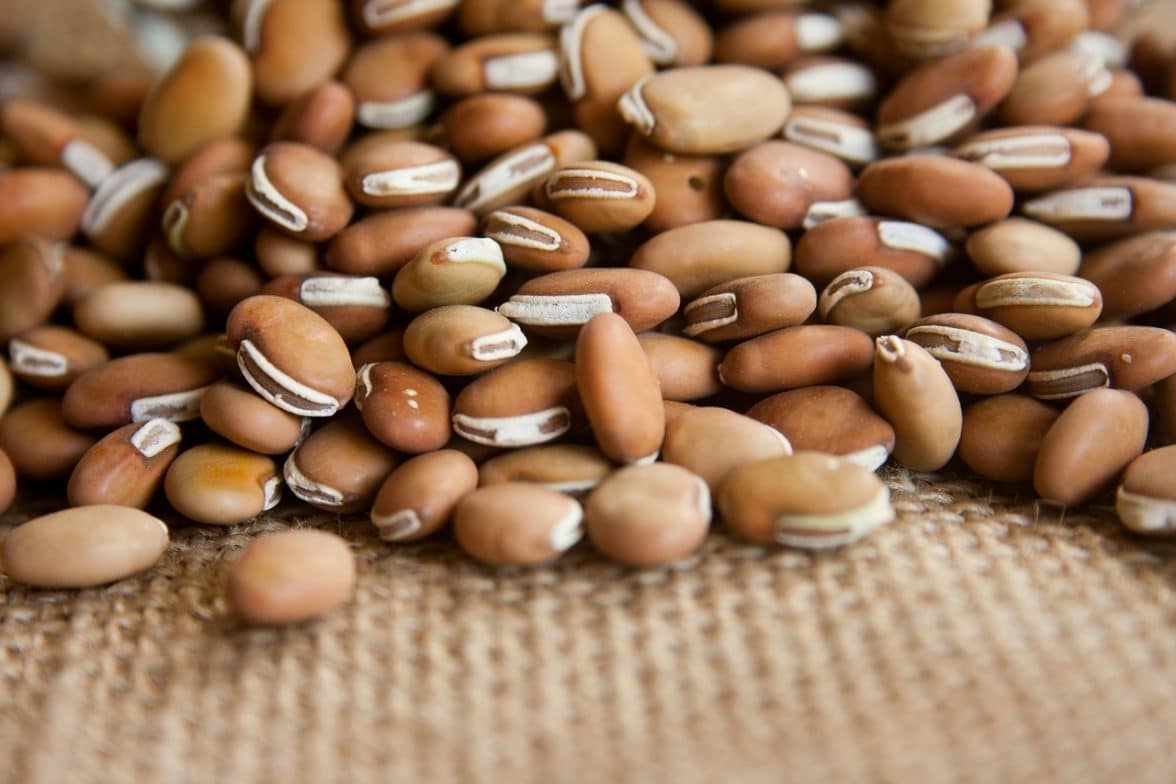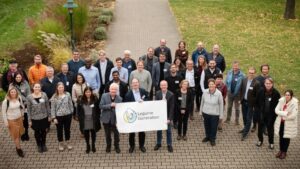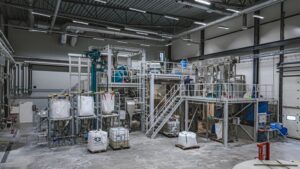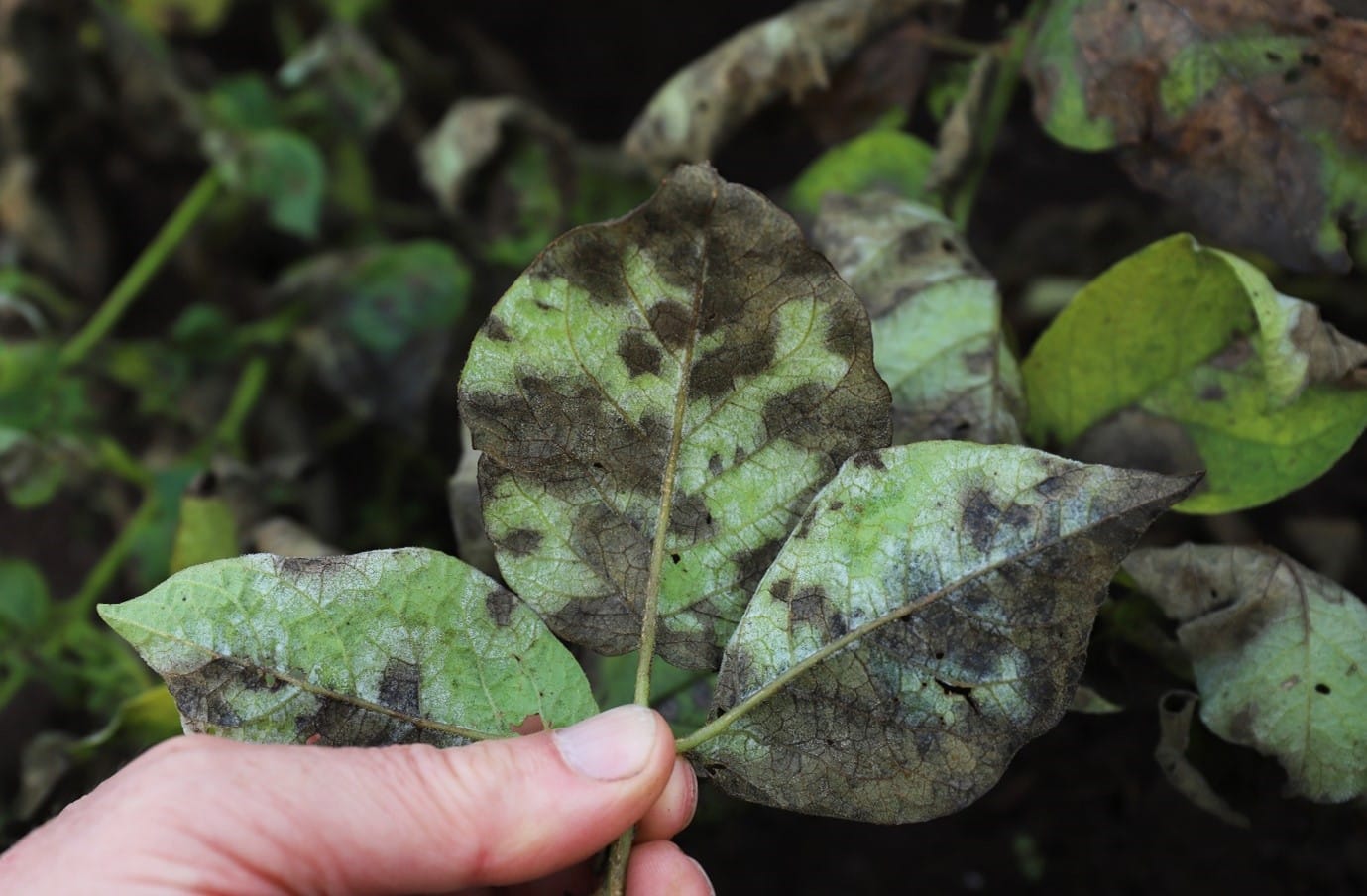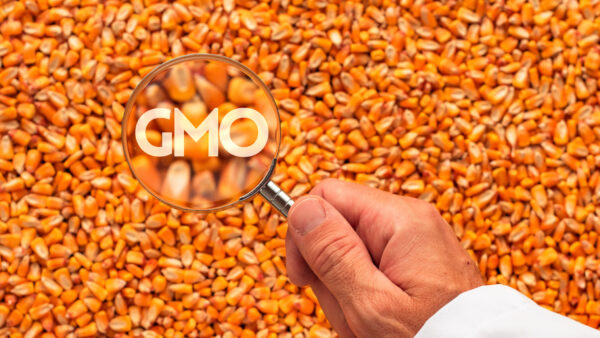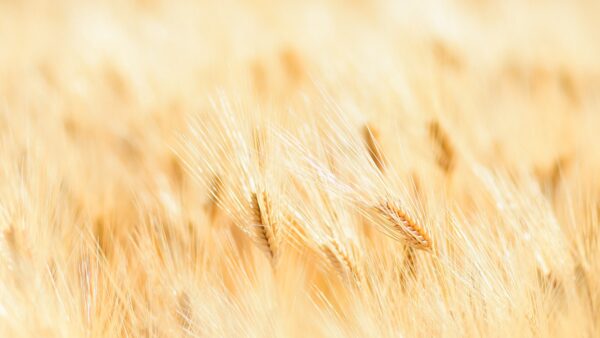Pulses, the dry, edible seeds of plants in the legume family, which include UK-grown beans and peas as well as chickpeas and lentils, are incredibly sustainable superfoods that can make a unique contribution to global food security due to their distinctive properties, says Dr Pete Iannetta, from the James Hutton Institute’s Ecological Sciences group.
Dr Iannetta, who coordinates the TRUE research project (TRansition paths to sUstainable legume-based systems in Europe) research project, explains: “Pulses such as UK-grown faba beans are high in starch as well as protein, essential minerals like iron, zinc and magnesium, and are gluten-free. Their consumption helps promote low glycemic index, offsetting diabetes, and can safeguard good cardiovascular function.
“For the environment, pulses have a low carbon footprint, because they require no nitrogen fertiliser, which can result in less greenhouse gas emissions and less water pollution from crop production.
“For growers, they enrich soil health, leaving nutrients behind and supporting healthy and diverse farm systems. These crops are also water-savvy: they can grow and yield on relatively little water, which makes them ideal for drought-prone areas.
“In addition, pulses foster sustainable food production as they require no nitrogen-based fertiliser and fix atmospheric nitrogen into biologically useful forms – an ability they derive from a unique symbiosis with soil bacteria found in their roots.”
The James Hutton Institute works with partners across Europe and the world and is at the forefront of research into the exciting possibilities of pulses to feed the world in a sustainable way. The research ranges from their use in health foods for humans and animals to novel uses. Indeed, Dr Iannetta notes that pulses make great bread and beer too!
Source: The James Hutton Institute


